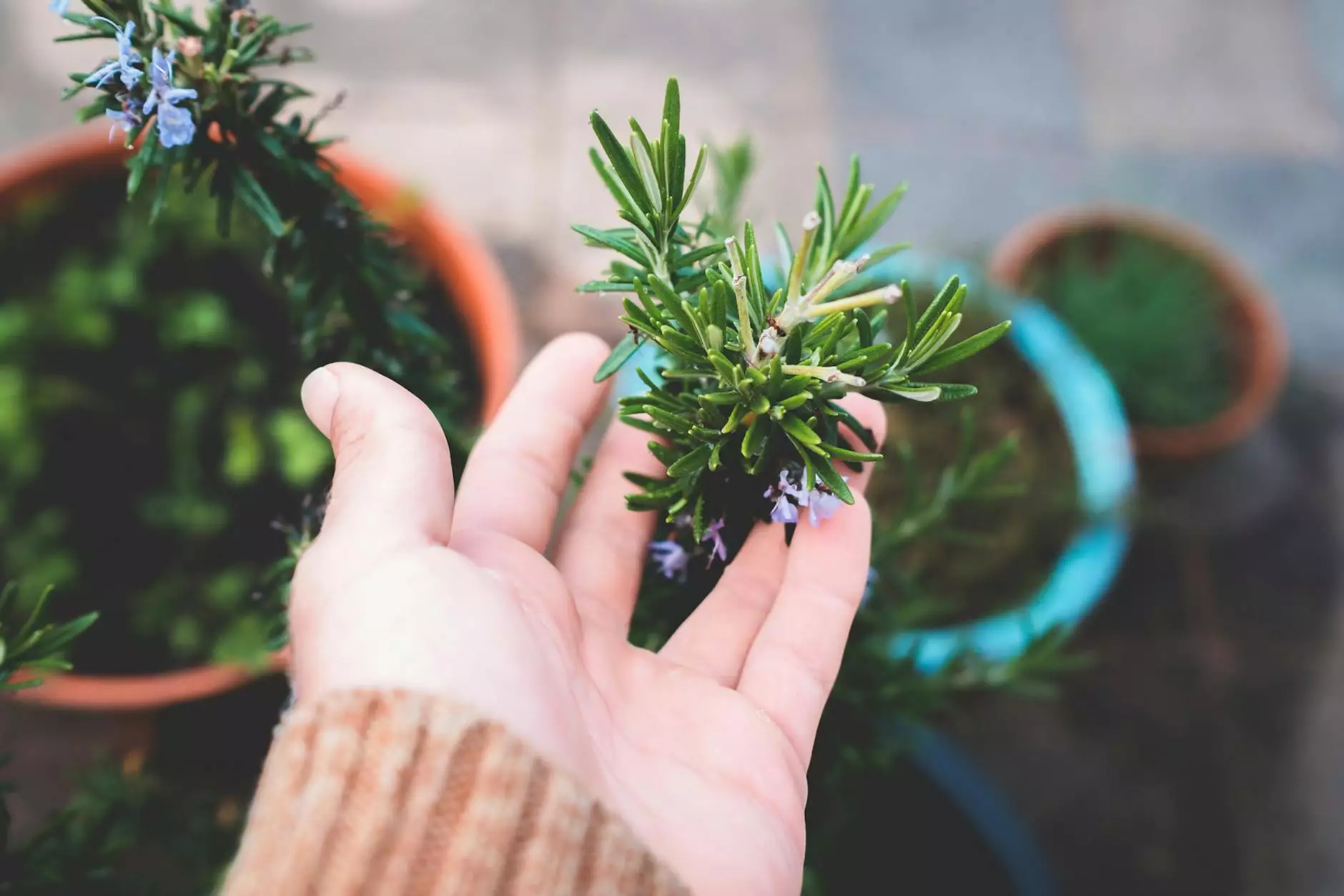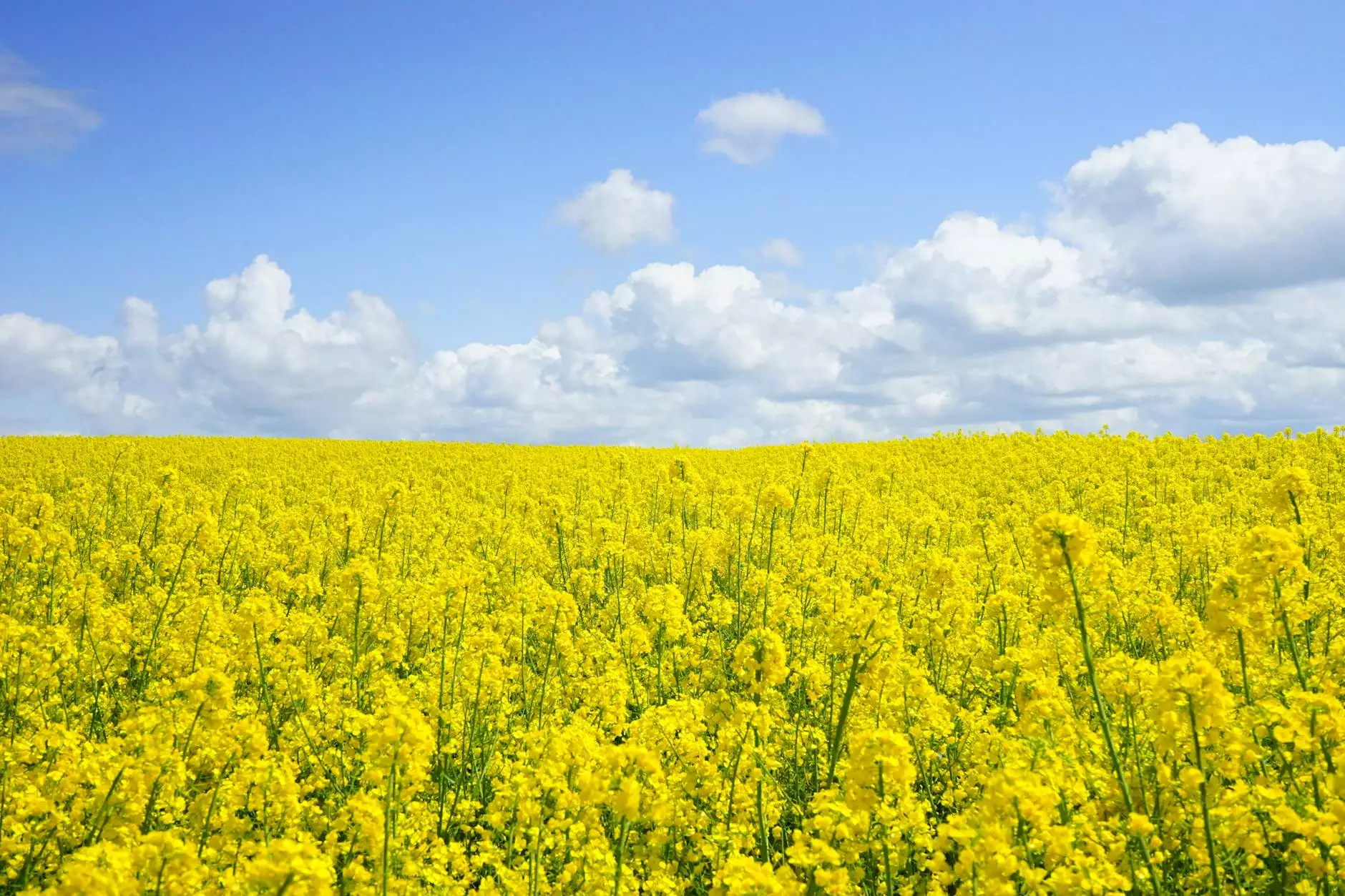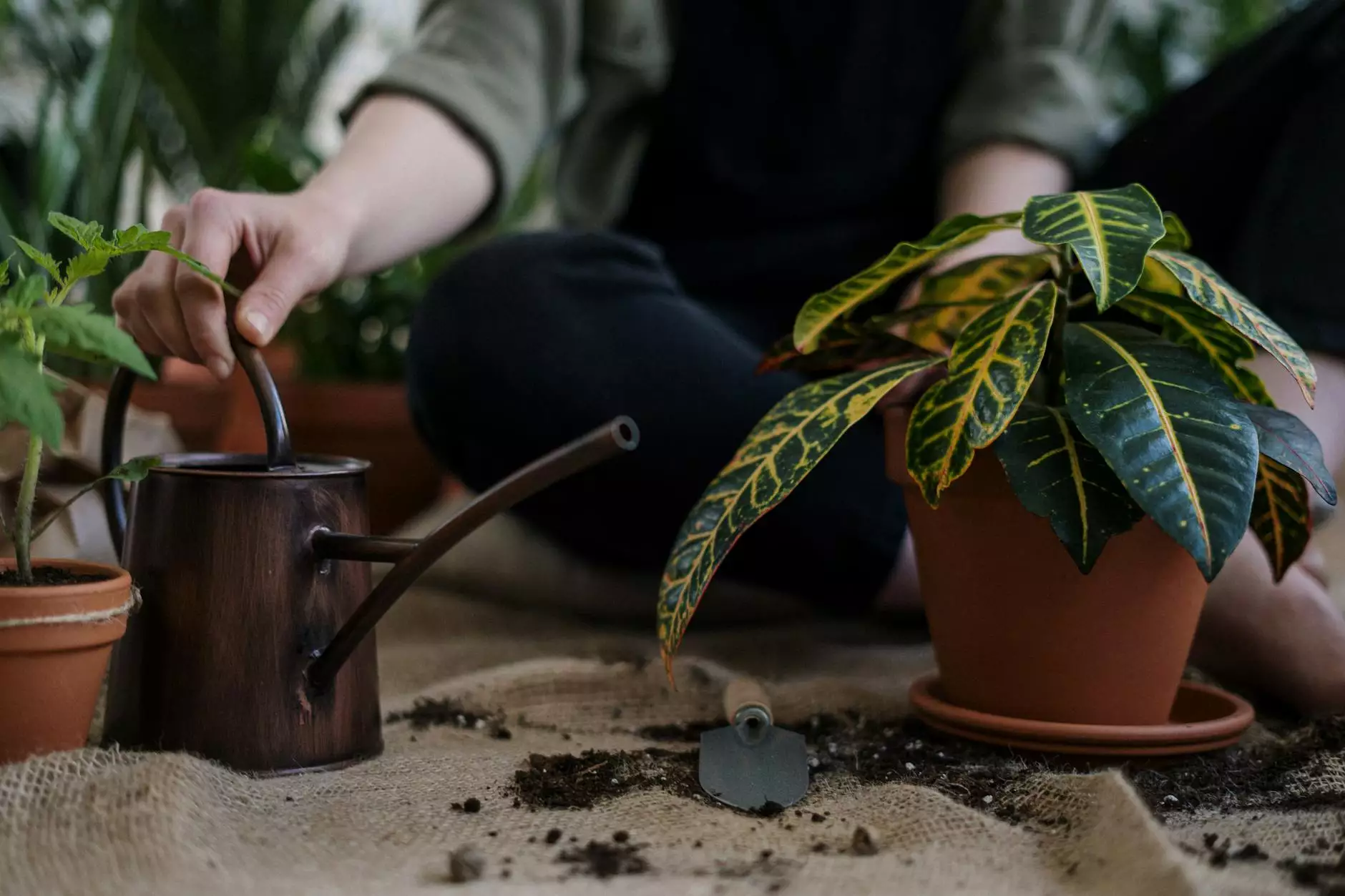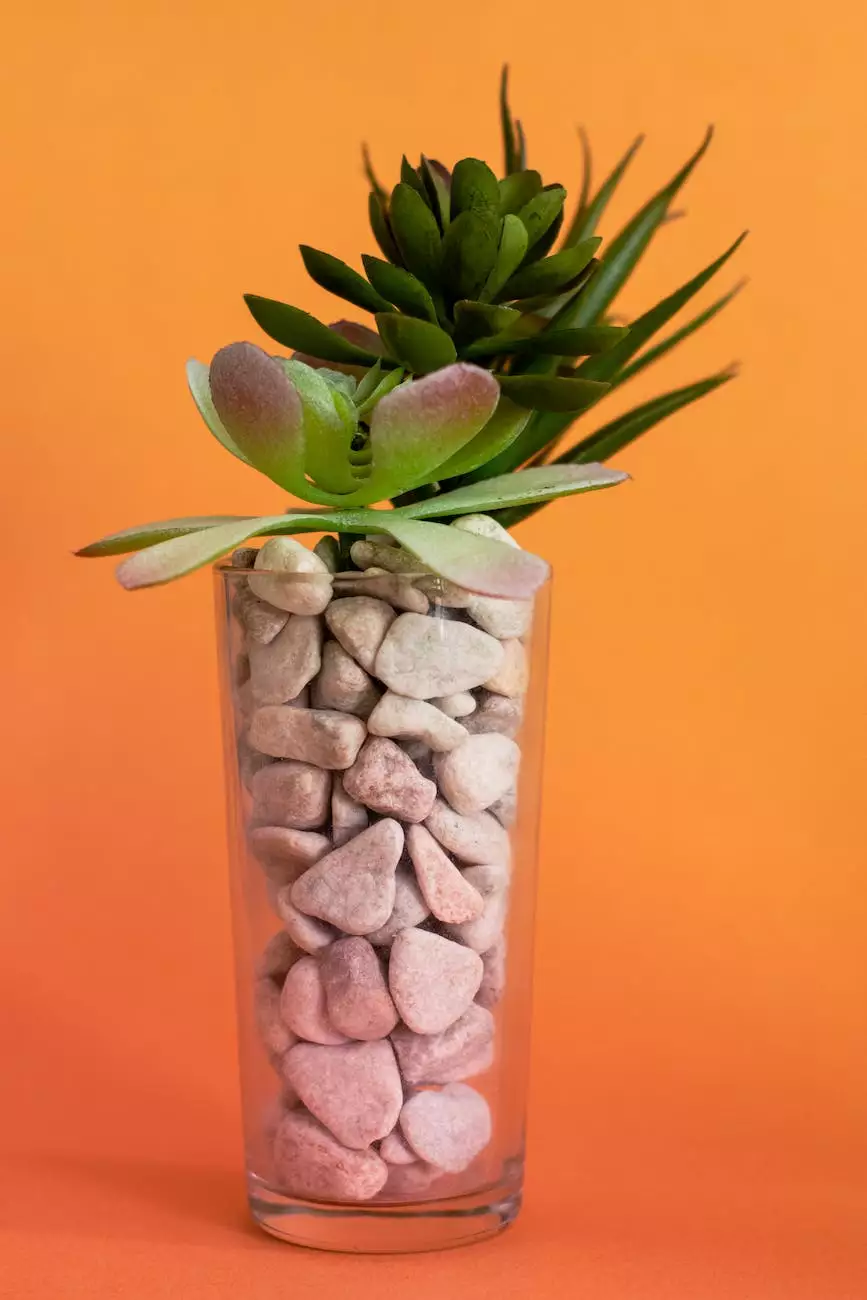Rosemary Growing Tips from Bachman's

Introduction
Thank you for visiting La Venezia Art & Fashion's gardening information section. In this guide, we will provide you with expert tips and advice on growing rosemary plants successfully. Whether you are a seasoned gardener or a beginner, this comprehensive guide will equip you with the knowledge you need to cultivate and care for beautiful rosemary plants.
Why Grow Rosemary?
Rosemary (Rosmarinus officinalis) is a versatile herb that adds both culinary and ornamental value to your garden. Its fresh fragrance, attractive evergreen foliage, and delicate blue flowers make it a popular choice among herb enthusiasts and gardeners alike. Beyond its aesthetic appeal, rosemary also offers numerous health benefits, making it a valuable addition to any herb garden.
Choosing the Right Location
Before you start planting rosemary, it's crucial to select the right location in your garden. Rosemary thrives in full sun, so choose a spot that receives at least 6 hours of direct sunlight each day. Avoid areas with excessive shade or poor drainage, as rosemary prefers well-draining soil to prevent root rot.
Preparing the Soil
Proper soil preparation is essential for healthy rosemary plants. Ensure your soil has good drainage by adding organic matter such as compost or well-rotted manure. This will improve soil structure and provide essential nutrients for your plants. Aim for a slightly acidic to neutral pH level of around 6.0 to 7.0.
Planting Rosemary
When it comes to planting rosemary, timing is crucial. Wait until all frost danger has passed and the soil temperature reaches around 60°F (15°C). Dig a hole slightly larger than the root ball of your rosemary plant, ensuring that the top of the root ball is level with or slightly above the soil surface. Space the plants about 2 feet apart to allow for proper air circulation.
Watering and Moisture
While rosemary is a drought-tolerant herb, it still requires adequate moisture during its establishment period. Water deeply at planting and then gradually reduce the frequency, allowing the soil to dry out slightly between waterings. Overwatering can lead to root rot and other diseases, so it's important to find the right balance and avoid waterlogged conditions.
Fertilizing Rosemary
Rosemary generally doesn't require excessive fertilization. However, a light feeding of balanced organic fertilizer in early spring can promote healthy growth. Avoid using high-nitrogen fertilizers as this can encourage excessive foliage growth at the expense of essential oil production. Always follow the manufacturer's instructions when applying fertilizer.
Pruning and Harvesting Tips
Regular pruning helps maintain the shape and vigor of your rosemary plants. Prune lightly after flowering to encourage bushier growth and prevent legginess. Harvesting rosemary can be done throughout the growing season, but it's best to wait until the plant is established and reaches at least 6 inches in height. Snip sprigs from the plant as needed, leaving enough foliage for continued growth.
Common Pests and Diseases
Rosemary is generally pest-resistant, making it an easy herb to grow. However, there are a few common pests and diseases to be aware of, such as aphids, spider mites, and powdery mildew. Regularly inspect your plants for any signs of infestation or disease and take appropriate measures, such as using organic insecticides or practicing proper cultural control, to address these issues.
Companion Planting
Companion planting is a great way to maximize garden space and improve plant health. Rosemary is known to enhance the growth and flavor of many plants when paired together. Some excellent companion plants for rosemary include sage, thyme, lavender, and marigolds. Be mindful of the planting requirements and compatibility of neighboring plants to ensure a harmonious garden ecosystem.
Conclusion
Congratulations! You have now acquired a wealth of information on growing rosemary plants successfully. By following the tips and techniques shared in this guide, you'll be able to cultivate healthy and robust rosemary plants in your garden. Explore the culinary possibilities, enjoy the aromatic beauty, and reap the benefits of this remarkable herb.
La Venezia Art & Fashion - Gardening Information - Rosemary Care Advice










